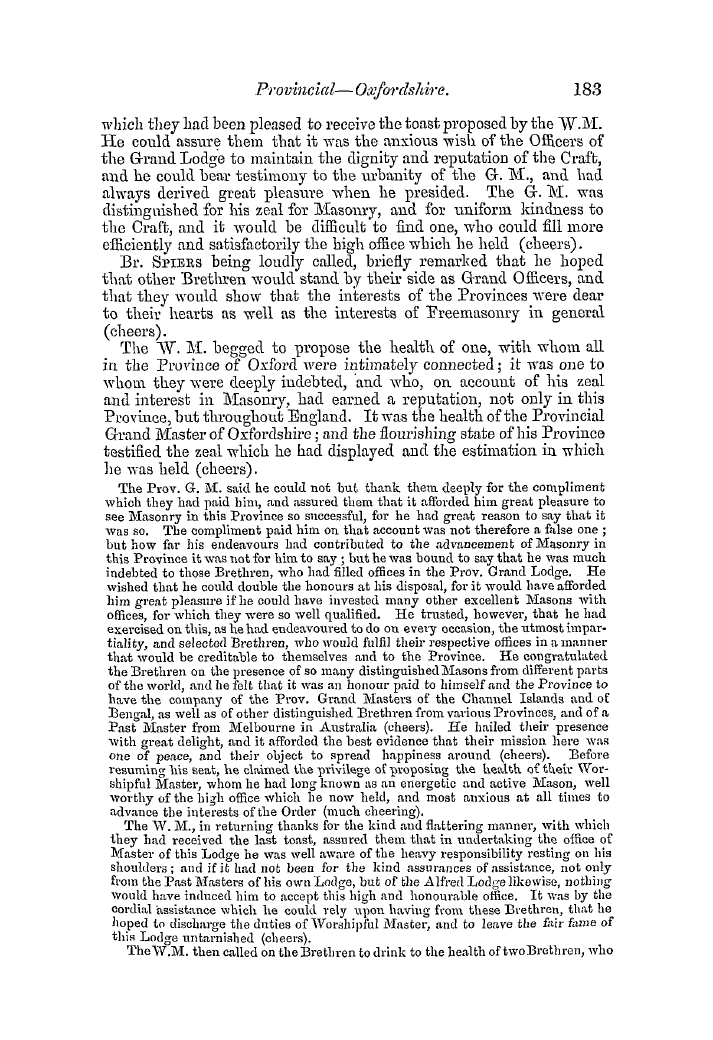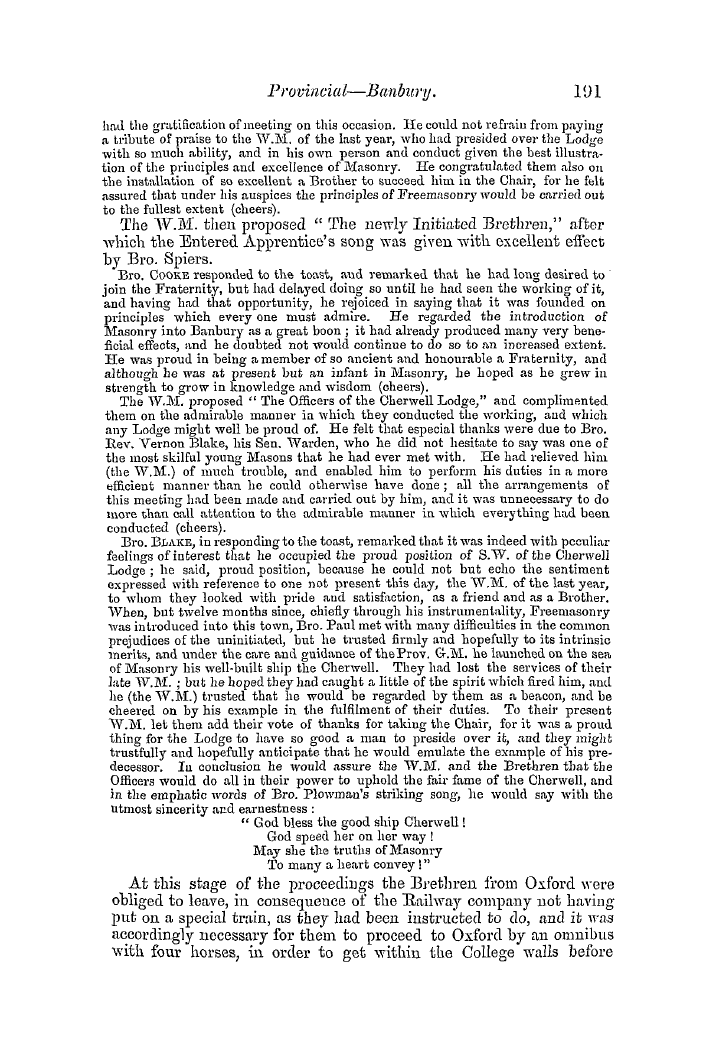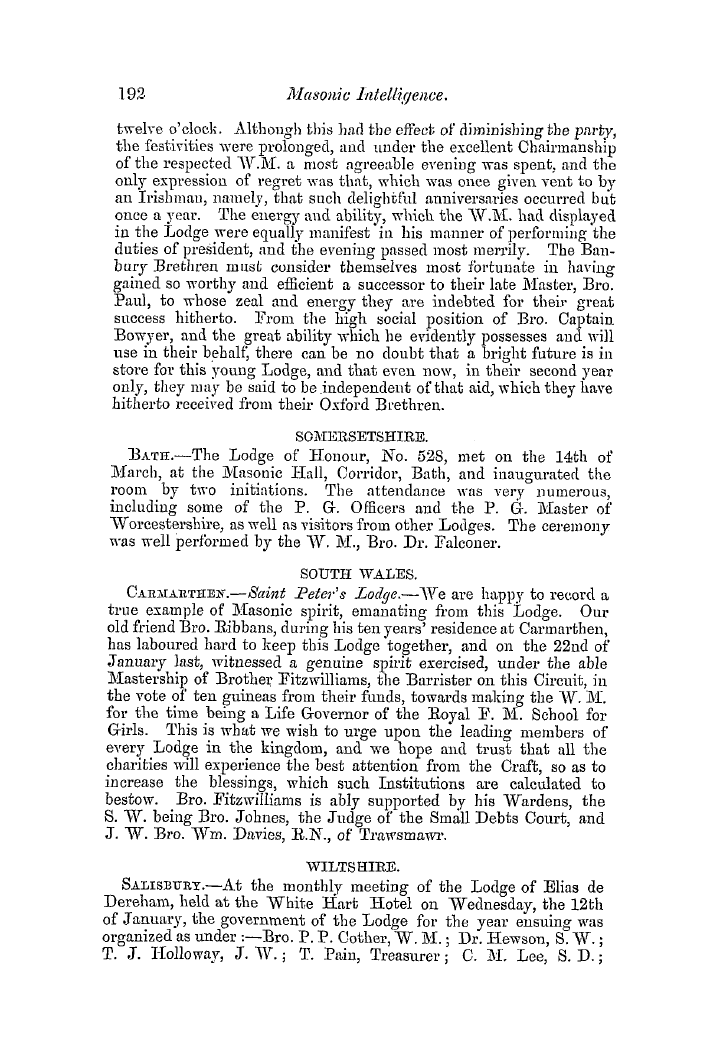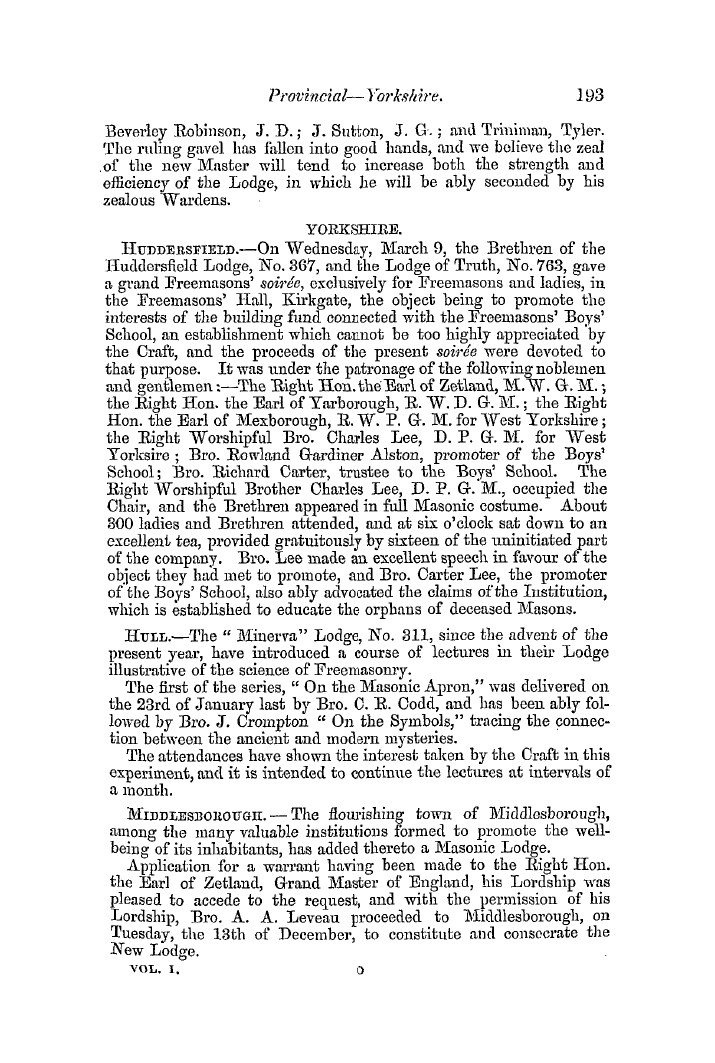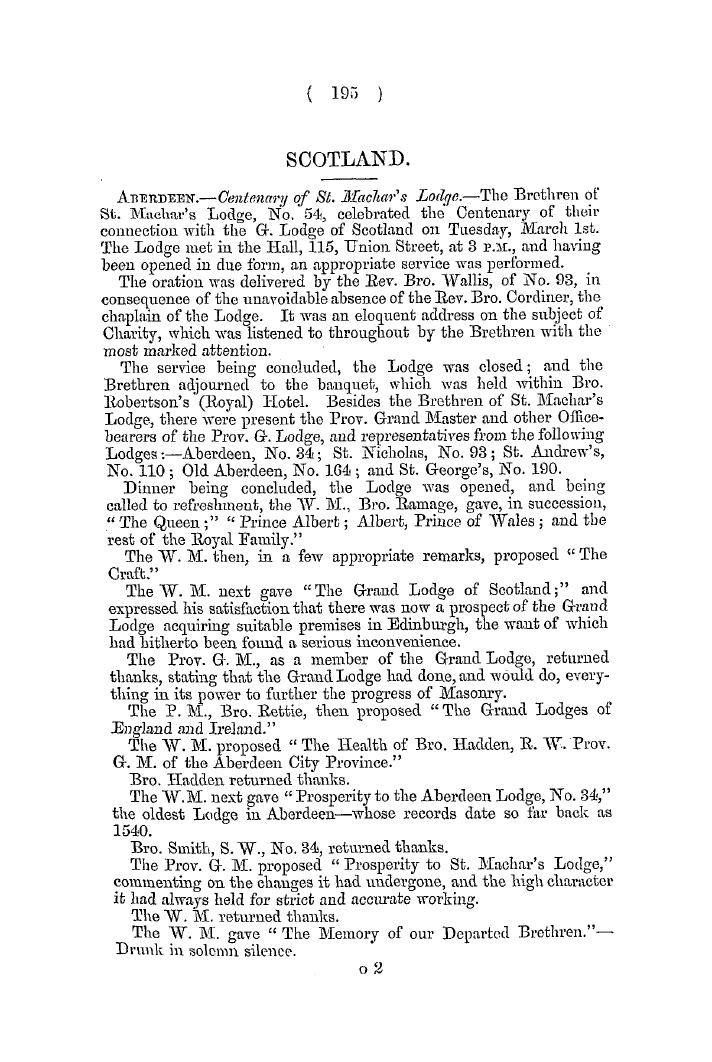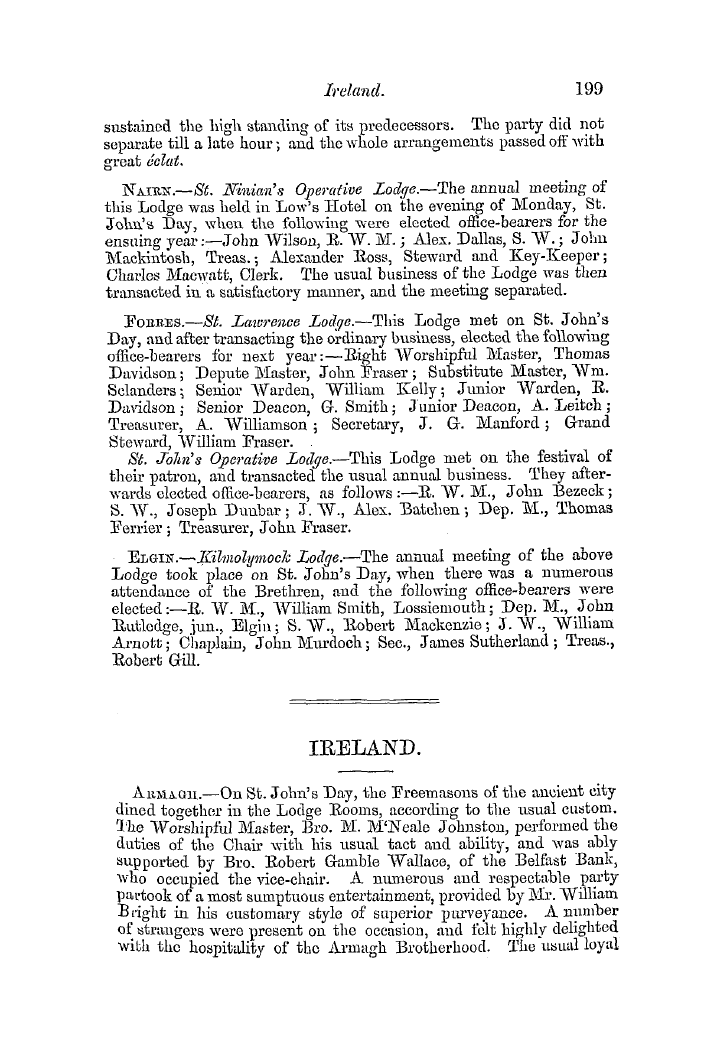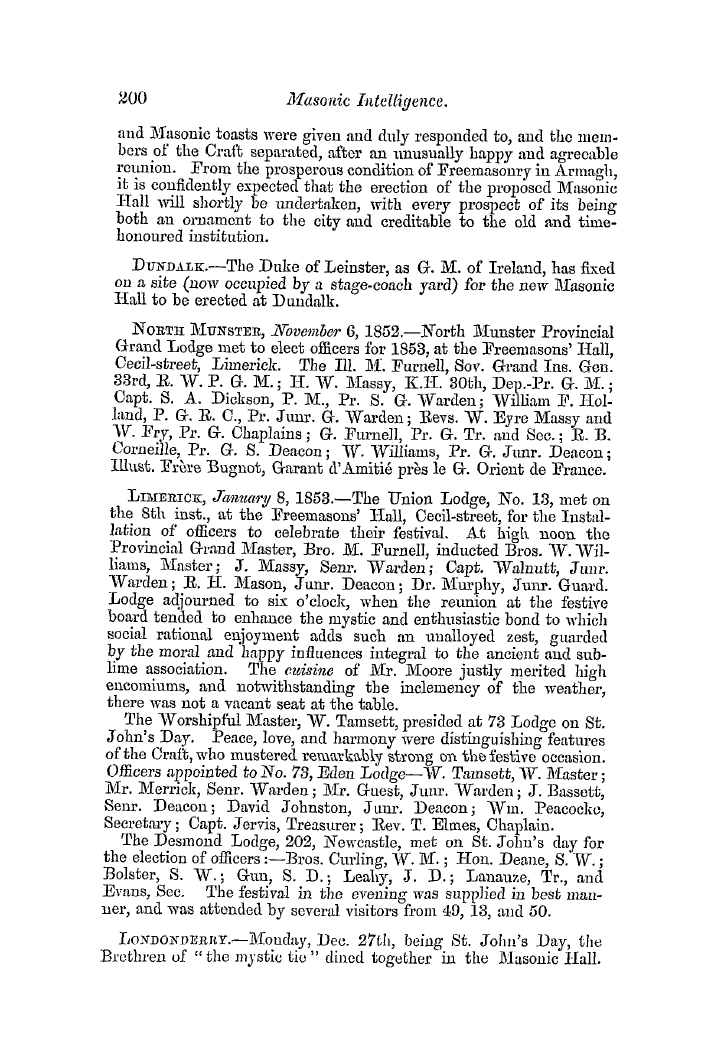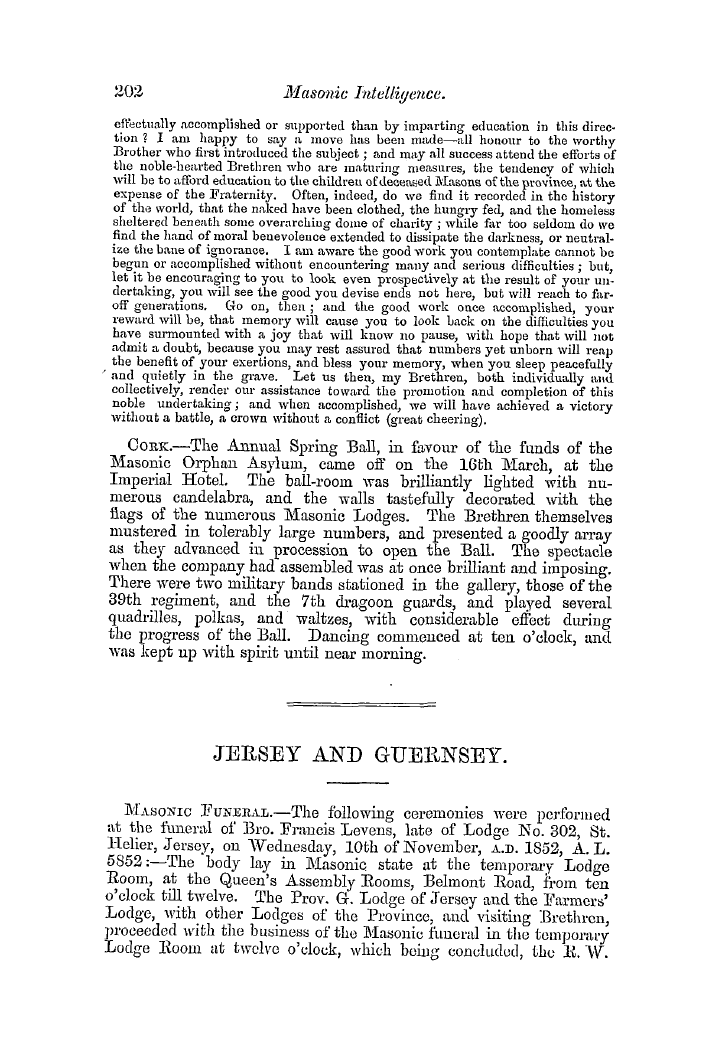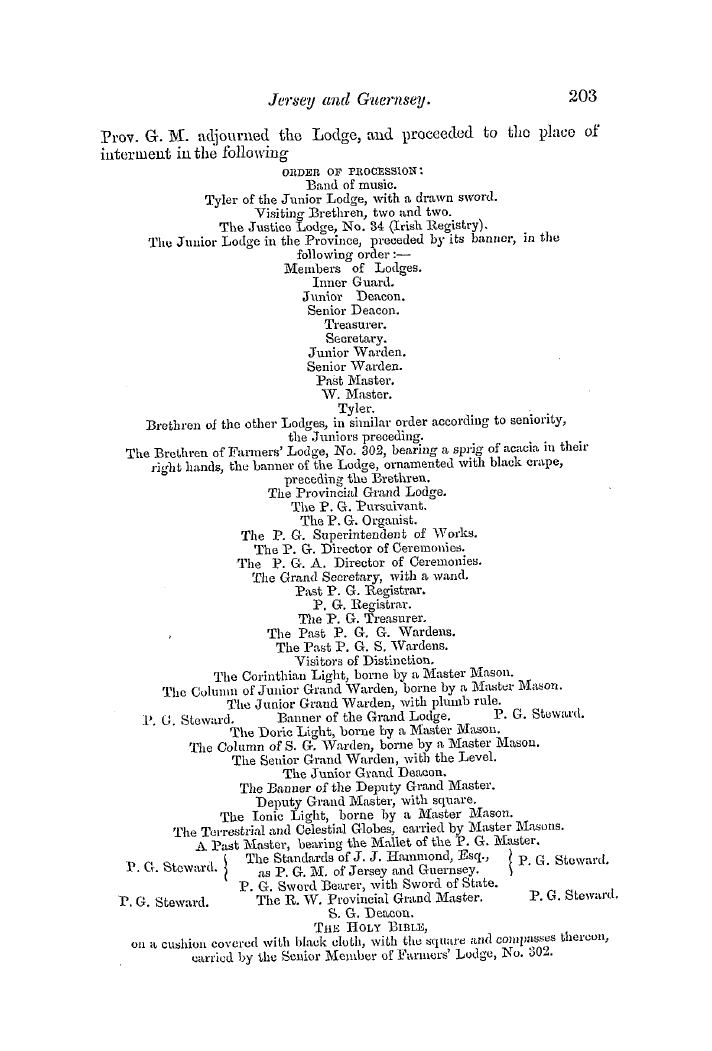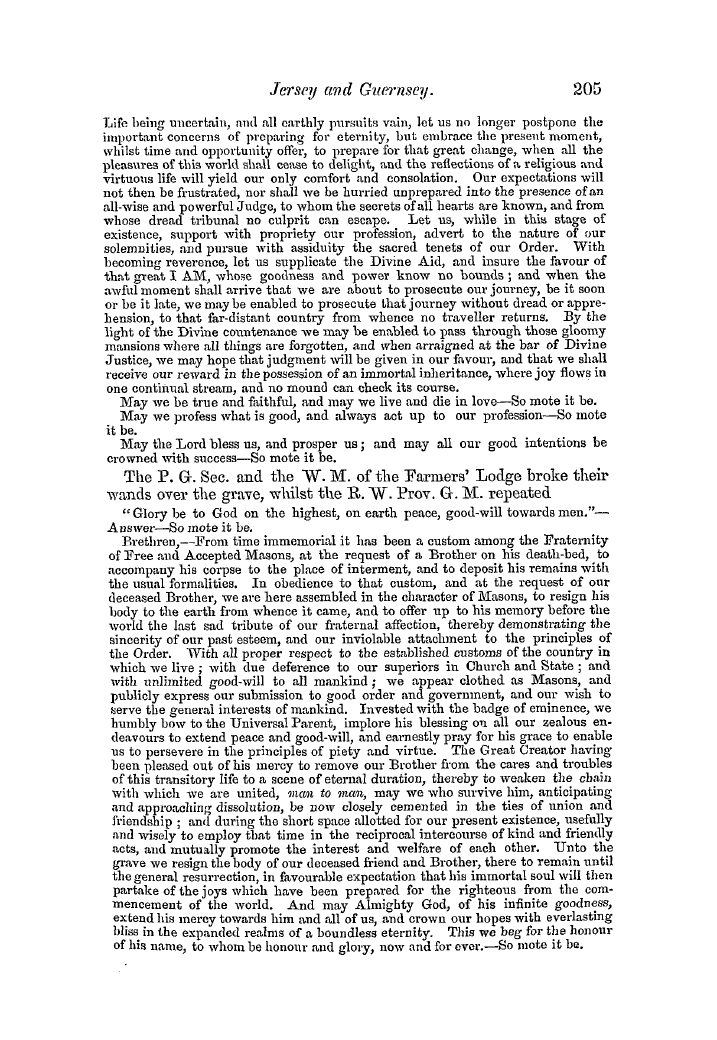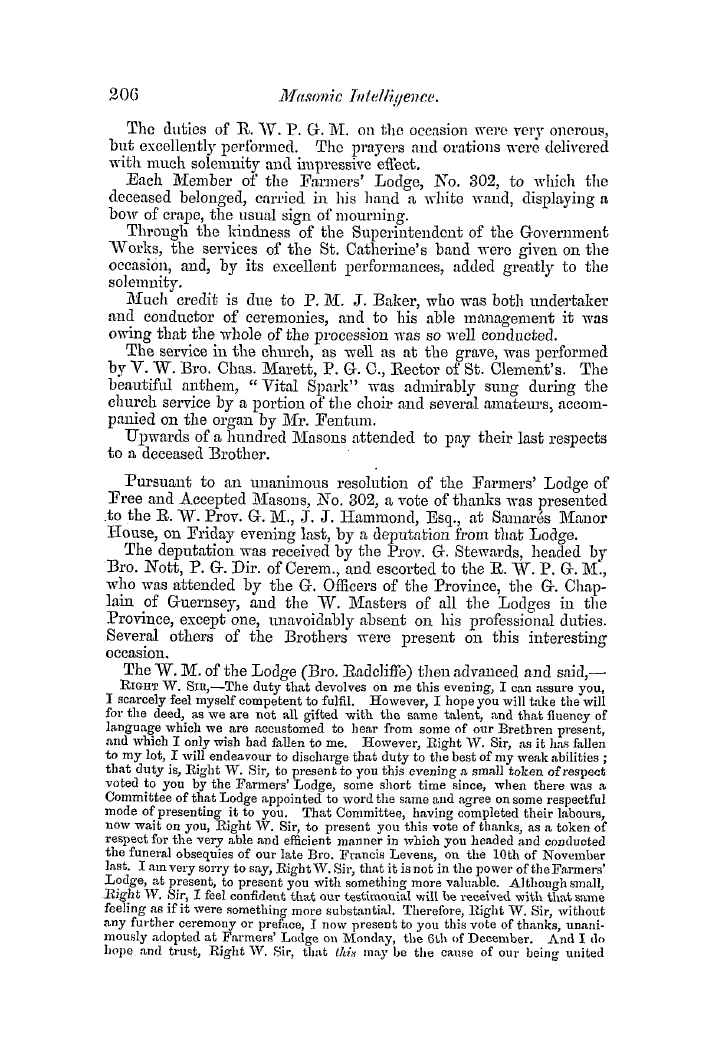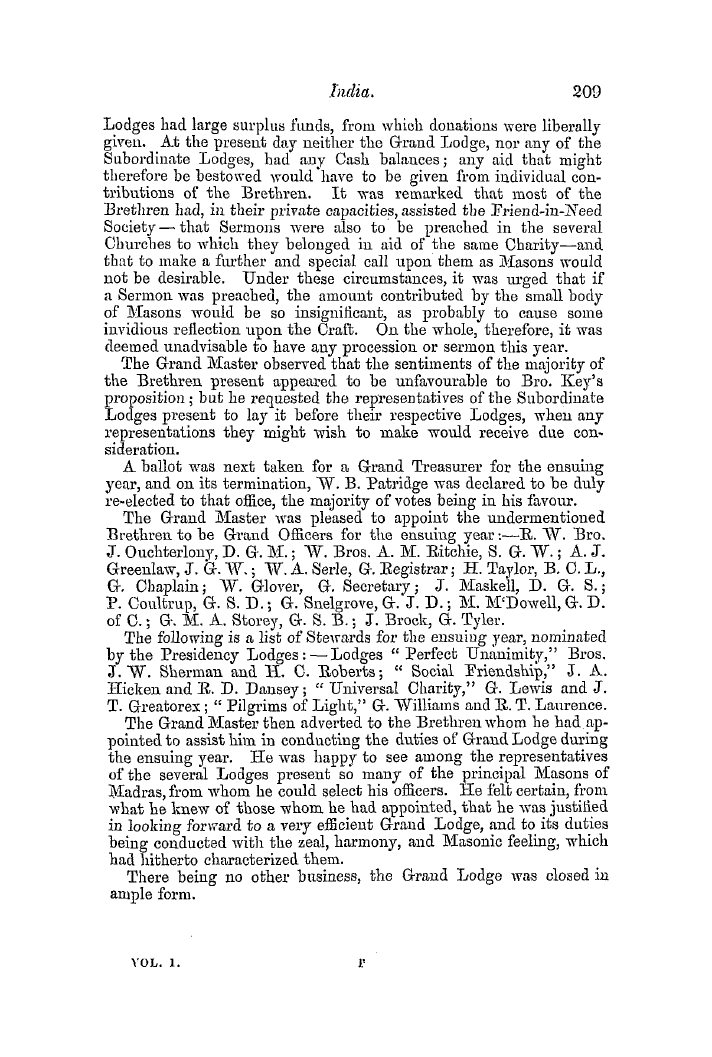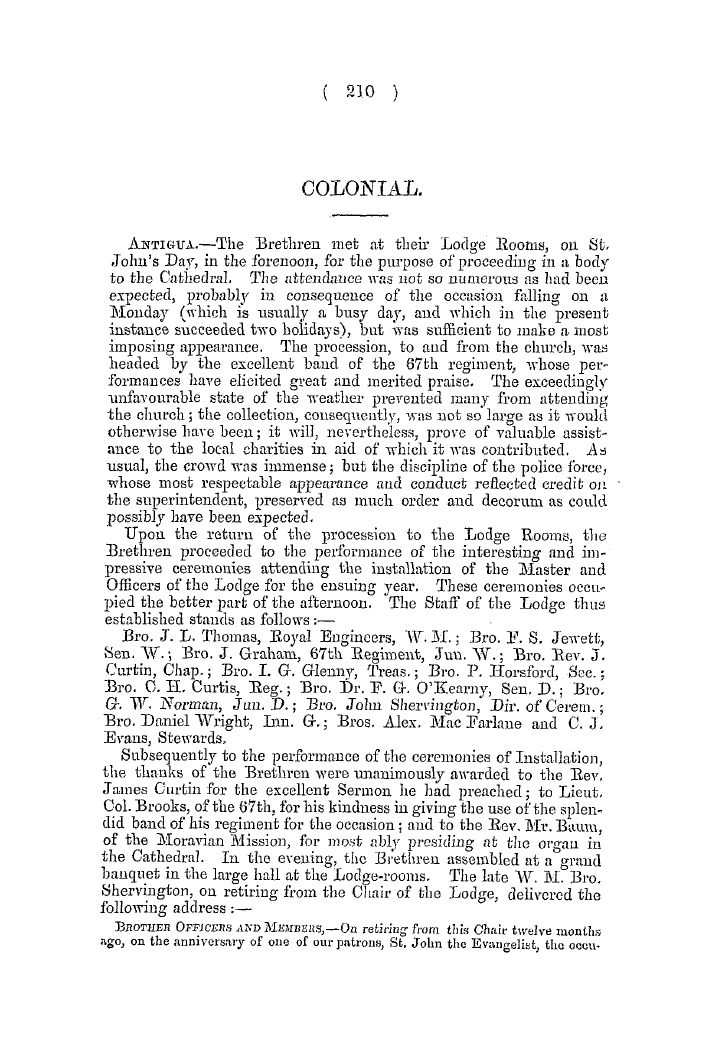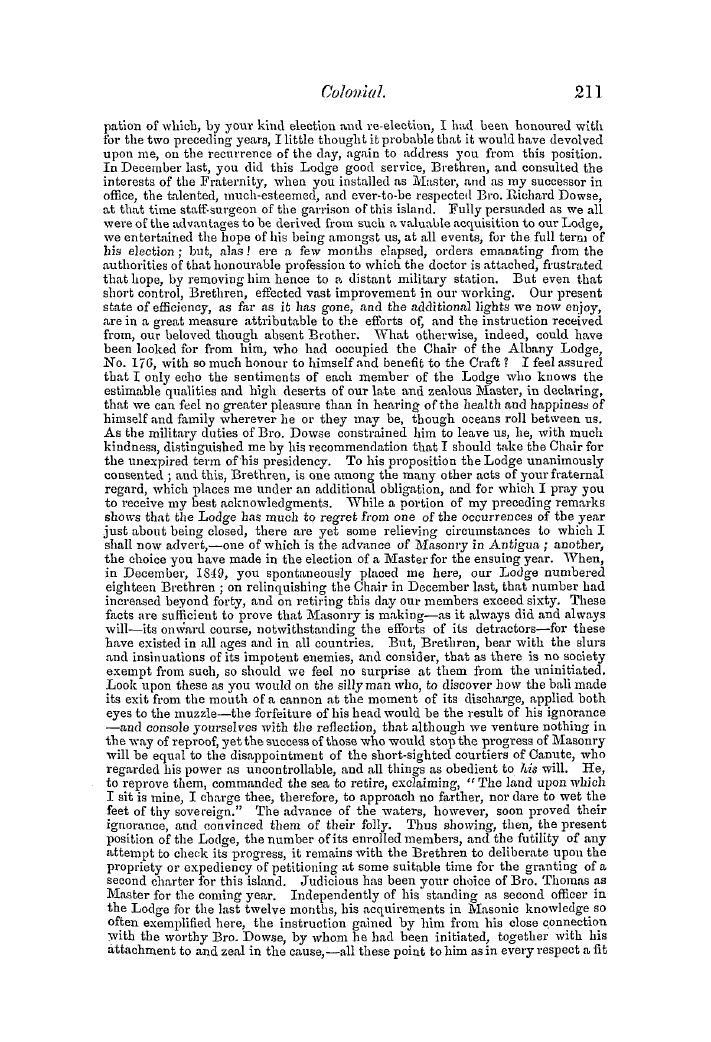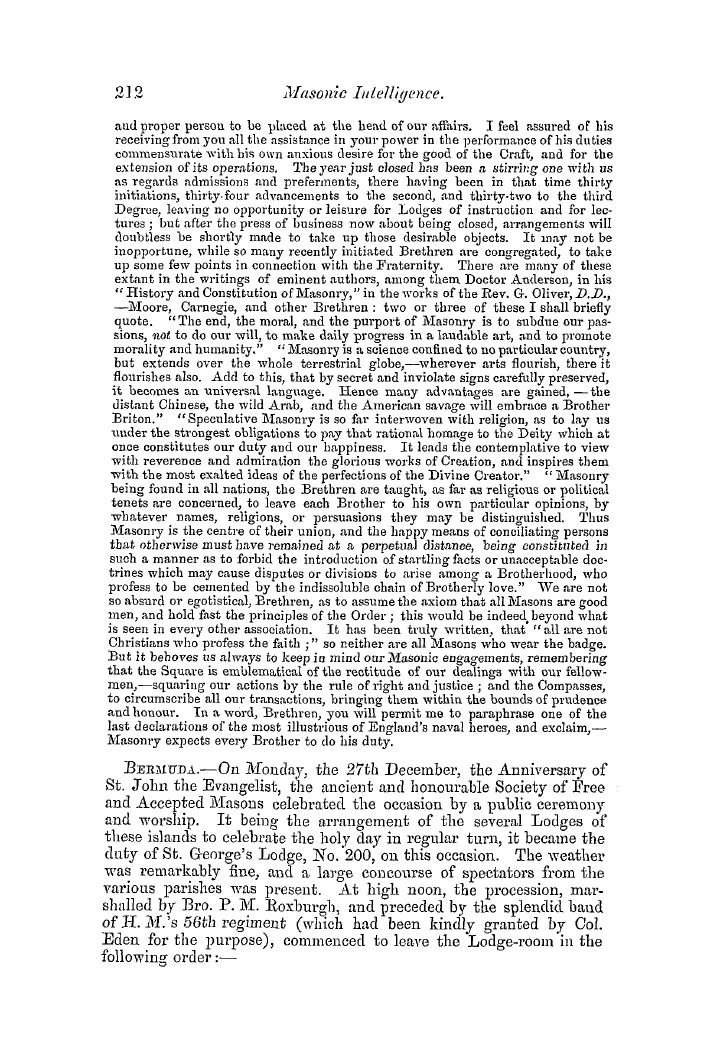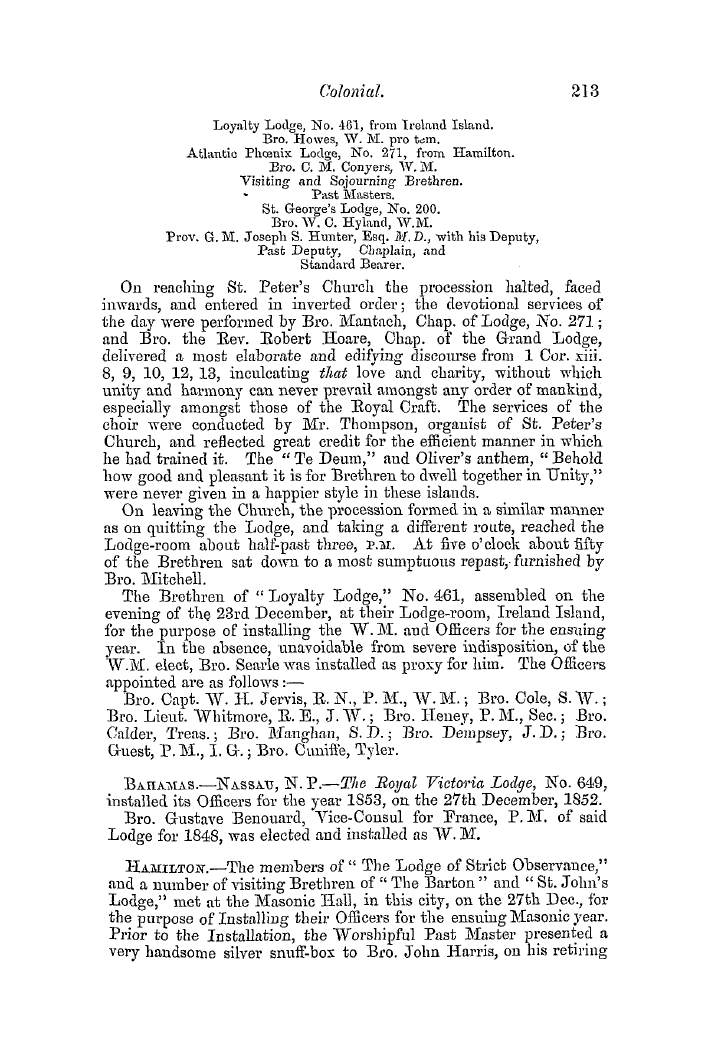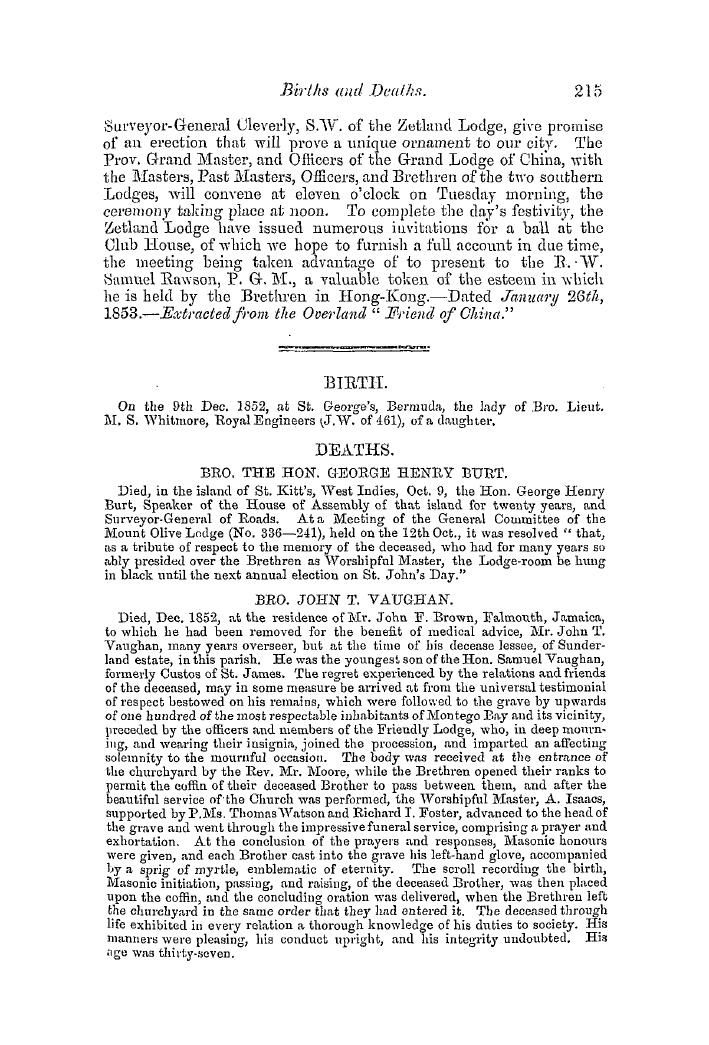-
Articles/Ads
Article THE UNIVERSALITY OF SUPERSTITION. ← Page 14 of 20 →
Note: This text has been automatically extracted via Optical Character Recognition (OCR) software.
The Universality Of Superstition.
tlie table spread to receive him . The ancients had a similar faith as to invisible spiritual communication . They believed that notice of misfortune Avas given to mortals by a supernatural terror Avhich seized them , emanating from the universal deity , Pan—xvhat xve should term , using the derived expression , a panic fear .
Tiie mirage , alleged as the true cause of this second-sight , has been a prolific source of superstition . The Sicilians regard the brilliant palaces exhibited by the Fata Morgana at Messina , as the dwelling of the Fairy Morgana ; an idea which modern scientific explanations have failed in eradicating . Similar appearances occur at the Lakes of Killarney ; ancl ,
like the Sicilians , the Irish regard them as miraculous . Among the seers , the supposed facidty of second-sight is known as Faisch , in the Earse tongue , ancl has been received for centuries in the Hebrides . It is considered as a relic of Druidism , xx'hich has survived the removal of that system to Denmark and SAveden .
Signs , as Avell as seasons , are far from being neglected b y the lower orders among ourselves . Sailors are a superstitious class , placing faith in omens ancl spirits . To lose a mop is unlucky , or to ch'OAA'n a cat , on board ship . Children bring luck , but Avhistling is most dangerous . The latter idea prevails also among miners , xvho never on any account whistle , or alloxv A'isitors so to do , beloxv ground . But Ave must recur once more to the main-thread of our
subject . Another kind of universally-exhibited superstition , is that of faitli in amulets ancl charms , both to produce and to ward off evils . Passing over scriptural instances , we have the authority of Galen , who mentions their use B . C . 630 ; and Josephus records them as common among the JCAA ' , being knoAvn as kamea . The phylacteries of the Greeks were amulets .
An edict , forbidding tlieir use , Avas put forth by the Emperor Caracalla at Rome . The Druids used the mistletoe as a preservative against poison , and believed in the power of the herb selago to cure sore eyes and many other CA'ils , AA'hen used as a charm . * Pliny recommends a chaplet of laurel or a seal-skin , as a protection from lightning . The famous Seepenny , still preserved in Lanarkshire , came from Palestine in the fourteenth
* It is worthy of remark , that the Persians cut twigs of Ghez , xvith a peculiar consecrated knife , resembling the golden sickle used by the Druids at the ceremony of cutting the mistletoe . Candidates for the British throne had recourse , too , to a fatal stone ; and , similarly , among the Persians the Artizoe was used . This goes to confirm the Persian origin of British Druidism .
Note: This text has been automatically extracted via Optical Character Recognition (OCR) software.
The Universality Of Superstition.
tlie table spread to receive him . The ancients had a similar faith as to invisible spiritual communication . They believed that notice of misfortune Avas given to mortals by a supernatural terror Avhich seized them , emanating from the universal deity , Pan—xvhat xve should term , using the derived expression , a panic fear .
Tiie mirage , alleged as the true cause of this second-sight , has been a prolific source of superstition . The Sicilians regard the brilliant palaces exhibited by the Fata Morgana at Messina , as the dwelling of the Fairy Morgana ; an idea which modern scientific explanations have failed in eradicating . Similar appearances occur at the Lakes of Killarney ; ancl ,
like the Sicilians , the Irish regard them as miraculous . Among the seers , the supposed facidty of second-sight is known as Faisch , in the Earse tongue , ancl has been received for centuries in the Hebrides . It is considered as a relic of Druidism , xx'hich has survived the removal of that system to Denmark and SAveden .
Signs , as Avell as seasons , are far from being neglected b y the lower orders among ourselves . Sailors are a superstitious class , placing faith in omens ancl spirits . To lose a mop is unlucky , or to ch'OAA'n a cat , on board ship . Children bring luck , but Avhistling is most dangerous . The latter idea prevails also among miners , xvho never on any account whistle , or alloxv A'isitors so to do , beloxv ground . But Ave must recur once more to the main-thread of our
subject . Another kind of universally-exhibited superstition , is that of faitli in amulets ancl charms , both to produce and to ward off evils . Passing over scriptural instances , we have the authority of Galen , who mentions their use B . C . 630 ; and Josephus records them as common among the JCAA ' , being knoAvn as kamea . The phylacteries of the Greeks were amulets .
An edict , forbidding tlieir use , Avas put forth by the Emperor Caracalla at Rome . The Druids used the mistletoe as a preservative against poison , and believed in the power of the herb selago to cure sore eyes and many other CA'ils , AA'hen used as a charm . * Pliny recommends a chaplet of laurel or a seal-skin , as a protection from lightning . The famous Seepenny , still preserved in Lanarkshire , came from Palestine in the fourteenth
* It is worthy of remark , that the Persians cut twigs of Ghez , xvith a peculiar consecrated knife , resembling the golden sickle used by the Druids at the ceremony of cutting the mistletoe . Candidates for the British throne had recourse , too , to a fatal stone ; and , similarly , among the Persians the Artizoe was used . This goes to confirm the Persian origin of British Druidism .
































































































































































































